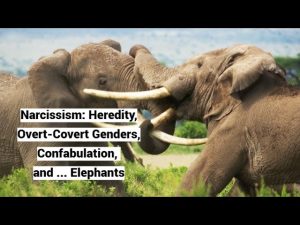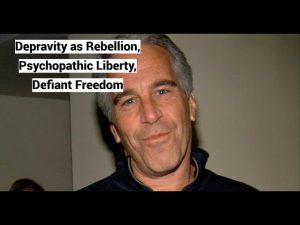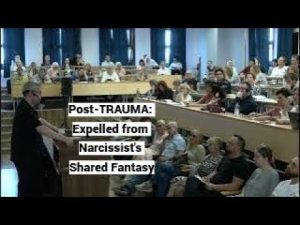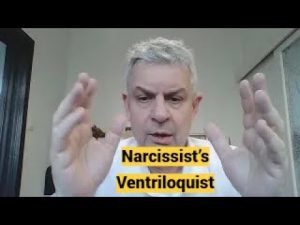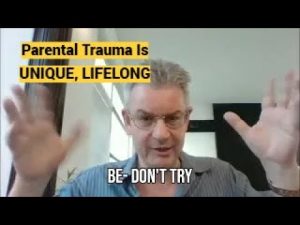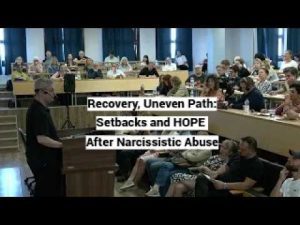
Recovery’s Uneven Path: Setbacks, HOPE after Narcissistic Abuse (Skopje Seminar, Day 2, Lecture 3)
Recovering from narcissistic abuse is akin to regaining lost physical and psychological faculties after severe trauma. Victims often find themselves regressed to infancy, needing to rebuild their relationship with their body and mind piece by piece.
By fostering attention, regulation, and protection of the body, shedding victimhood mentality, and cultivating authenticity, positivity, and mindfulness in the mind, survivors can embark on a transformative path toward healing.
This holistic approach empowers victims to become allies with their bodies and minds, reclaim their identities, and ultimately break free from the cycles of abuse and victimization. Recovery’s Uneven Path: Setbacks, HOPE after Narcissistic Abuse (Skopje Seminar, Day 2, Lecture 3)

